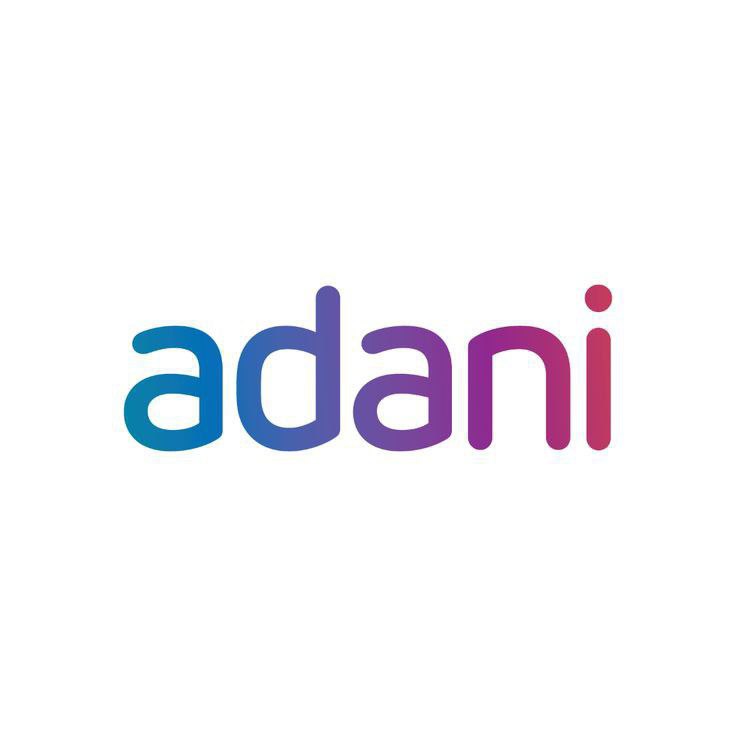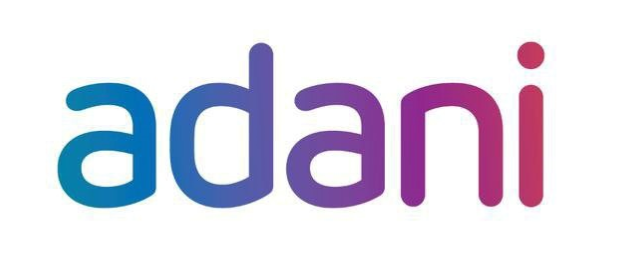Adani Power has placed the top offer of ₹27,000 crore for the 1,800 megawatt plant owned by KSK Mahanadi Power, which is currently going through bankruptcy proceedings. Adani’s bid guarantees a 92% redemption for the debtors. By Thursday evening, banks had received a total of 10 monetary proposals for the thermal power corporation. Other contenders include Capri Global Holdings, Coal India, NTPC, Vedanta, JSW Energy,

Reportedly, people interviewed for the article have stated that Naveen Jindal’s companies, such as Jindal Steel & Power, iLab India Special Fund, Rashmi Metaliks, and Sherisha Technologies, are interested in bidding for the KSK Mahanadi project which is valued at ₹27,000 crore. Adani Power has allegedly put forward a proposal of a total amount of ₹12,500 crore in immediate cash, along with ₹9,000 crore
Capri Global Holdings has submitted the second-highest offer, with the goal of providing lenders with a combined sum of ₹25,000 crore as compensation. This sum comprises of cash, company assets, and an initial payment. In contrast, NTPC, the third-highest bidder, is suggesting ₹22,200 crore, which includes an initial payment of ₹7,700 crore and ₹14,500 crore in company assets and outstanding payments.

The specialist in persistence at KSK Mahanadi Power, Adani Power, and NTPC did not respond to ET’s inquiries for a statement. In a written reply, Capri Global reiterated its pledge. “Our AIF, along with our stakeholders, is determined and eager to acquire this company,” it declared. The AIF that Capri advises in this case is the Capri Xponentia highlighted property Fund. ‘Can receive almost all Outstanding Payments’

According to the Adani Group, the actual expenditure reported through the process is ₹12,500 crore. This equates to a bid of ₹7 crore per MW, the highest amount offered for any struggling thermal power asset to date. In a meeting with lenders on Thursday, Binani disclosed 10 projects, leading banks to request improved offers from all bidders and then hold an auction among them, sources said. It is possible that the lenders may receive nearly all of their outstanding dues through this

